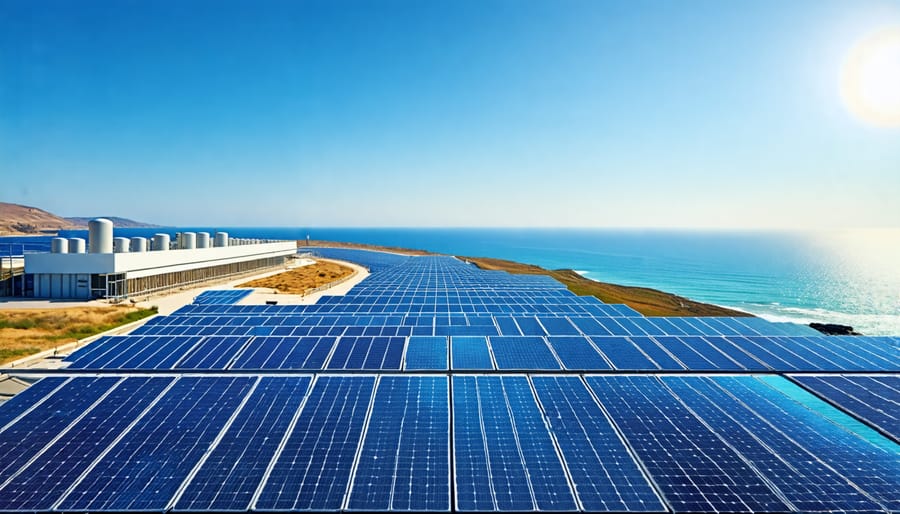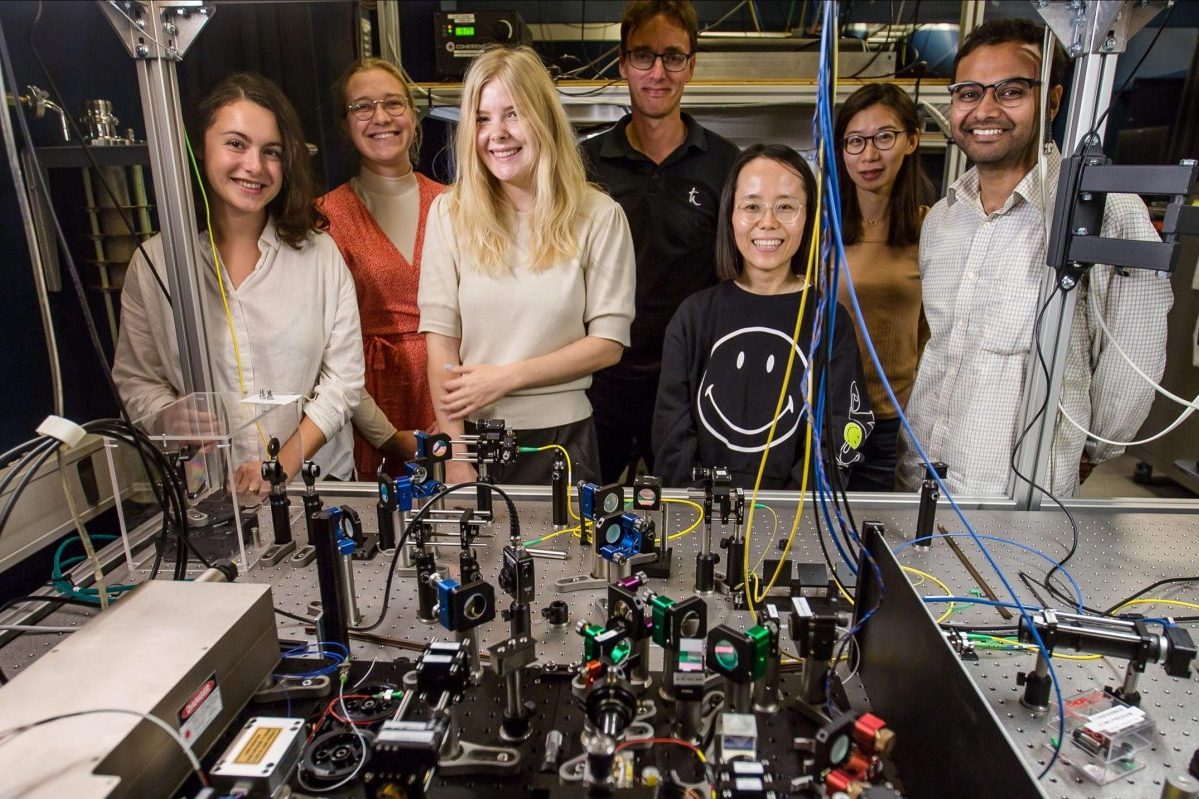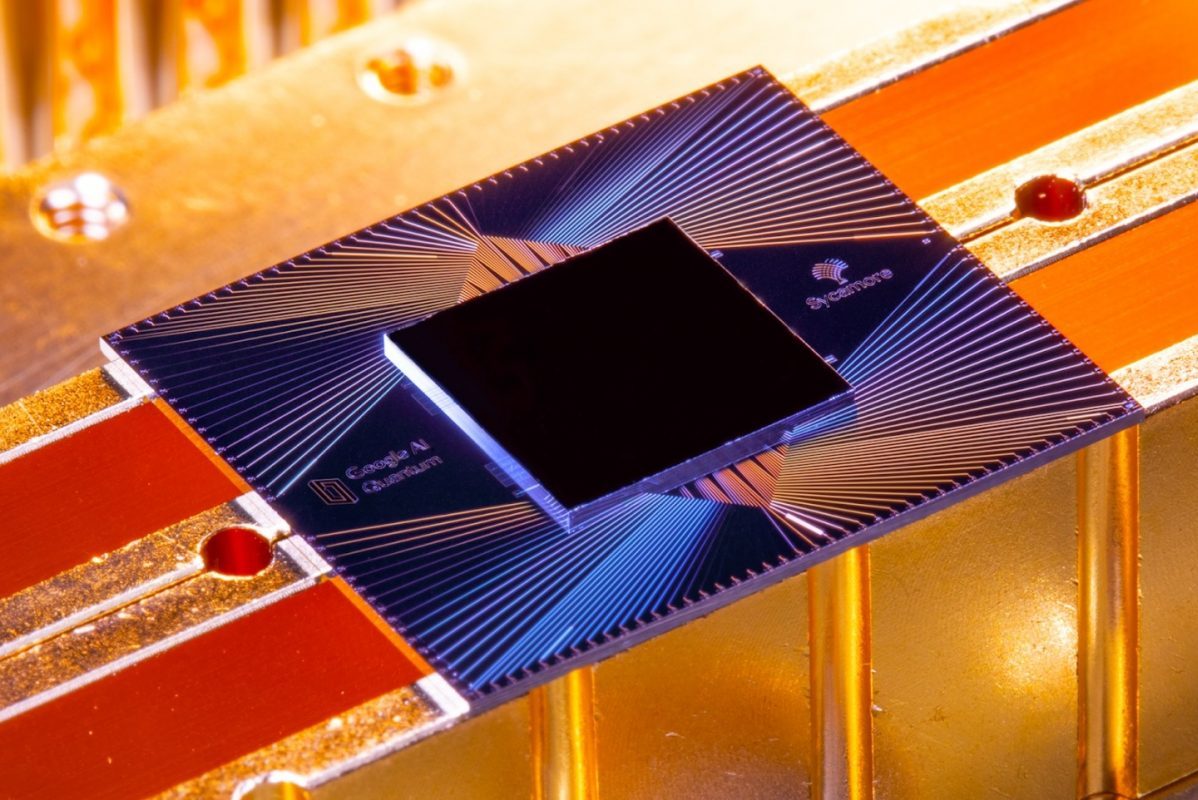Imagine a world where computers harness the mind-bending principles of quantum mechanics to solve problems that are intractable for classical machines. This is the tantalizing promise of quantum computing — a revolutionary technology that could transform fields from cryptography to drug discovery to artificial intelligence.
While still in its infancy, quantum computing has made remarkable strides in recent years. Tech giants and startups alike are racing to build ever more powerful quantum processors, inching us closer to the elusive “quantum advantage” — the point at which these exotic machines outperform their …
Solar-Powered Water Desalination: Quenching the World’s Thirst Sustainably
Imagine a world where the vast oceans could quench the thirst of billions, where clean water flows freely in the most arid regions of the planet. This is the promise of solar-powered water desalination—a groundbreaking technology that harnesses the limitless energy of the sun to transform seawater into life-sustaining freshwater. By combining the power of solar energy with advanced desalination techniques, we stand on the brink of a revolution that could reshape the global water landscape, offering hope to water-stressed communities and paving the way for a more sustainable, resilient future. In this article, we will embark on a …
Beyond Peacekeeping: 7 Vital Ways the U.S. Shapes the U.N.
The United States plays a pivotal role in shaping and supporting the United Nations, the world’s preeminent international organization. As a founding member and permanent member of the UN Security Council, the U.S. wields significant influence over the UN’s mission, operations, and priorities. The U.S. is the single largest financial contributor to the UN system, providing nearly $11 billion in assessed and voluntary contributions in 2021. These funds support a wide range of UN programs and agencies, from peacekeeping missions to humanitarian relief efforts.
Beyond financial support, the U.S. also provides critical …
How to Fix Solar Lights
You can fix solar lights by replacing their batteries, cleaning their solar panels, replacing or reconnecting their cables, or replacing their sensors. But before you try fixing your solar lights, you have to figure out why it isn’t working.
Solar lights stop working for various reasons, including dirty solar panels, faulty light sensors, water ingress, and faulty connections. Whatever the case may be, you must detect the cause before trying to make your solar lights work.
10 Common Reasons Why Solar Lights Stop Working and …
Power Provider in Germany Tests Vertical Agrivoltaic Systems
Standing tall at 3 meters, two Bifacial solar modules are situated in Bavaria, Germany, right beside inveterate solar parks in Gersthofen and Biessenhofen. These two are small vertical agrivoltaic systems with 3 and 6 kW outputs to be tested by a power provider based in Augsburg called Lechwerke (LEW).
Lechwerke aims to obtain experience working with agrivoltaic systems with these pilot projects, a combination of plant production and photovoltaics, which has been brought to light as a synergistic synthesis of food production and renewable energy, then compare its performance with the existing ground-mounted projects.
The data…
Quantum Advantage: A Computing Breakthrough by Copenhagen Researchers
Google was the first to advance technology in the quantum physics field by building the first quantum computer in the world. Interestingly, researchers from NielsBhor Institute and in cooperation with the University of Bochon are now developing the first quantum computer.
The director of the Center for Hybrid Quantum Networks, Professor Peter Lodahl, asserted that they now have the tool to build a quantum simulator that is faster and more efficient than the world’s supercomputer.
To put it simply, the researchers have successfully developed a nanochip the size of 1 tenth of a hair. The nanochip is capable of producing …
Next-Generation Quantum Computer: Ultra Sensitive Microwave Detector
The use of microwave spans an extensive range in our technological and scientific fields. We can use microwaves for radars, mobile communications, and even astronomy.
Recently, a combined team of scientists from Raytheon BBN Technologies, POSTECH, Harvard University, Spain’s Barcelona Institute of Science and Technology, Massachusett’s Institute of Technology, and Japan’s National Institute for Materials Science have worked together to develop a very ultrasensitive sensor to detect microwaves at the highest theoretical sensitivity possible.
As of today, we use a bolometer to detect microwave power. The team …
Using the Sun’s Energy to Create Clean Drinking Water
Drinkable water is necessary for life. Despite this fact, it is unfortunate that approximately 1.1 billion people cannot access clean water while 2.4 billion suffer from illnesses due to drinking unclean water.
Although there are advancements in science with water treatment methods to produce drinkable water, most are extremely costly. Thus countries with poor sectors can only produce them at a low productivity rate.
More recent technology has demonstrated great promise as an …








